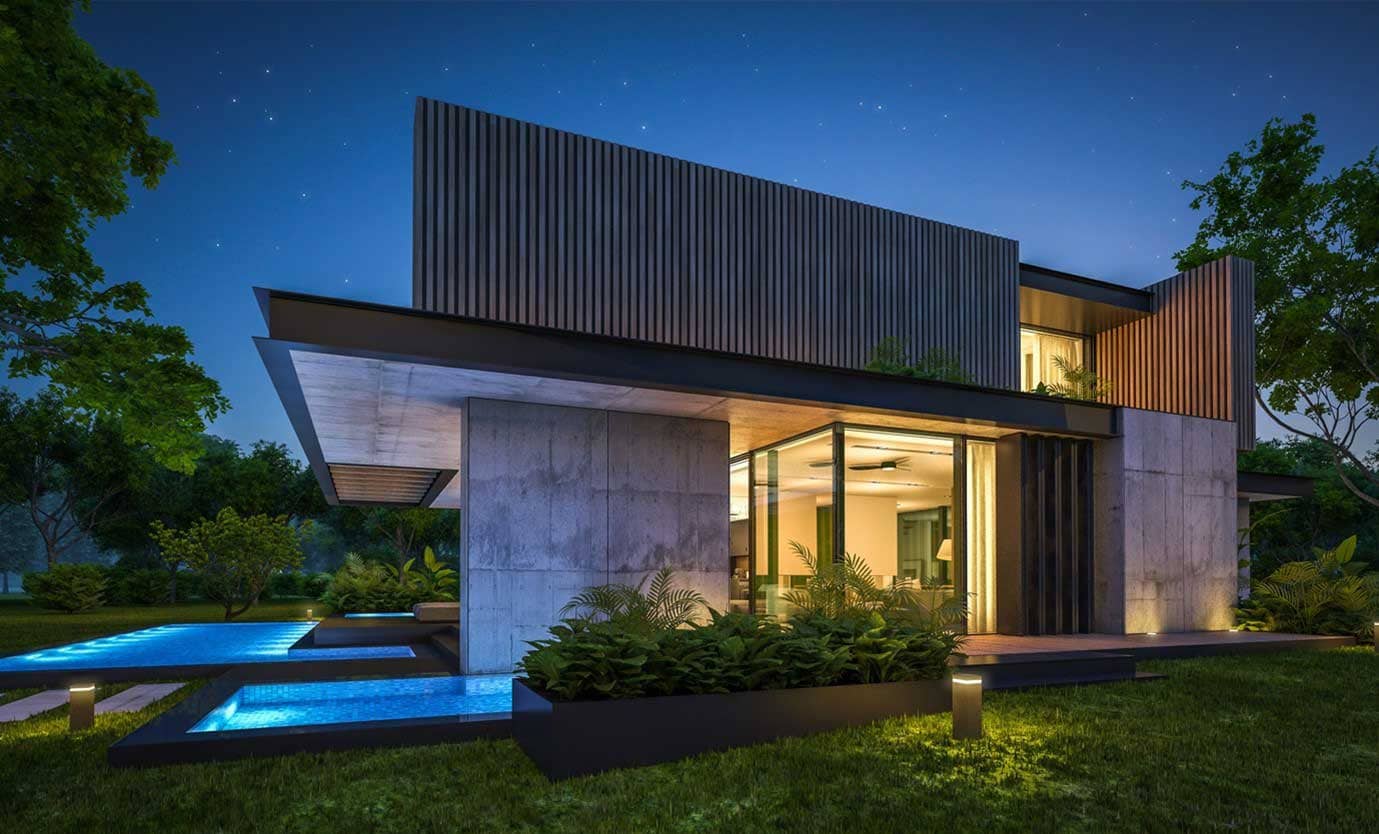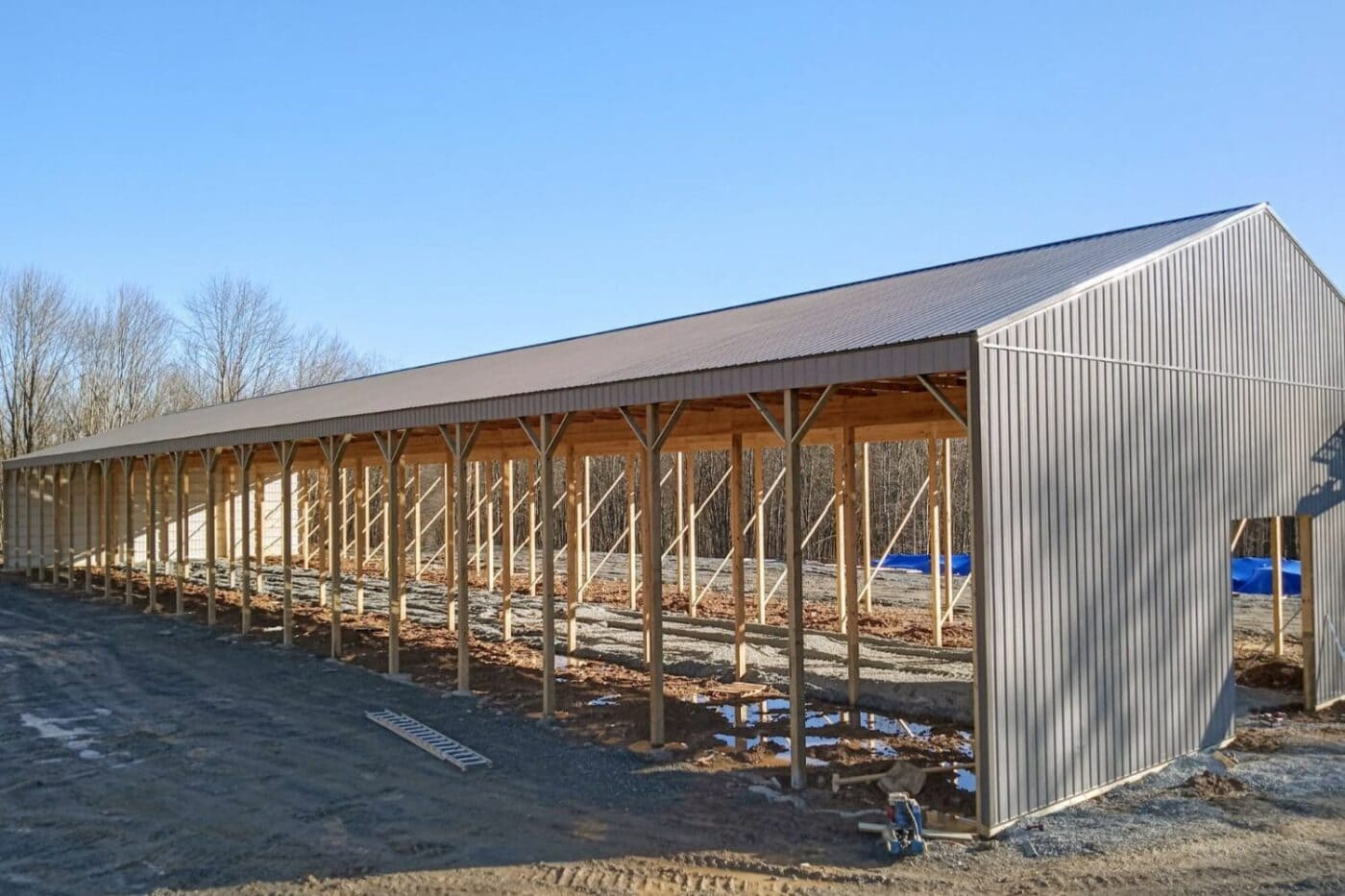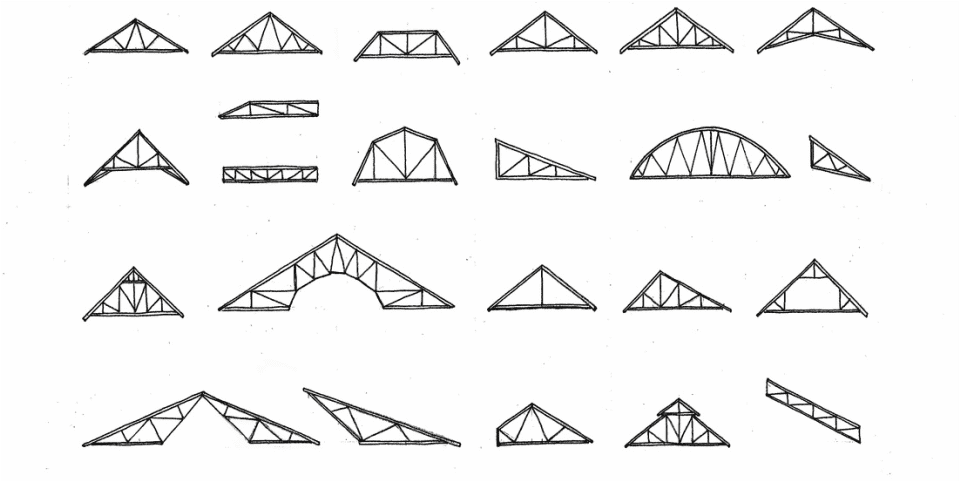Understanding the Role of Residential Home Architects
Residential home architects specialize in designing private living spaces that not only meet the structural requirements but also reflect the personal style and functionality needed by homeowners. They transform visions into blueprints that builders can execute, ensuring that the space is both aesthetically pleasing and practical. This profession combines art and engineering, crafting homes that stand as personal sanctuaries.
Importance of Choosing the Right Architect
The importance of selecting the right architect for your residential project cannot be overstated. A useful resource to start with is the Residential Home Architects directory, which provides access to professionals who specialize in residential designs. A well-chosen architect not only brings your envisioned home to life but also navigates the complex legal landscapes of building codes and zoning laws. Moreover, they can often identify potential issues in your design ideas and propose innovative solutions that enhance both the usability and value of your home.
Starting Your Search
Initiating the search for the right architect involves understanding your project needs and what specific services you require. Whether remodeling an existing structure or constructing a new building from the ground up, the right professional will help you achieve your goals within your budget.
Evaluating Qualifications and Experience
When vetting potential architects, consider their qualifications, including their education, certifications, and professional affiliations. An architect with a rich portfolio of residential projects similar to yours is more likely to meet your needs. Experience in the local area is also beneficial, as it means familiarity with local building codes and potentially fruitful relationships with local builders and suppliers.
Reviewing Past Work
One of the best ways to assess an architect’s capability is to review their past projects. This not only gives you insights into their design style and expertise but also shows their ability to marry aesthetics with functionality. Ask for a portfolio during your initial consultation, and request to visit some of their completed projects, if possible.
Understanding the Architect’s Approach to Design
Each architect has a unique approach to design. Some may prioritize sustainability and the use of eco-friendly materials, while others might focus on cutting-edge technology and modern design principles. Discussing their design philosophy will help you understand if they align with your vision for your residential project.
Communication and Chemistry
Good chemistry and clear communication are crucial in the architect-client relationship. Your architect should be someone who listens to your ideas, communicates their thoughts clearly, and responds to your concerns promptly. Remember, a successful project is often the result of effective collaboration between the homeowner and the architect.
Incorporating Technology in Modern Home Designs
Modern residential architecture often incorporates advanced technology to enhance living spaces. Whether it’s through smart home technology that allows homeowners to control their environment with their smartphones or advanced building materials that improve energy efficiency, technology plays a pivotal role in contemporary home design.
Leveraging First-Hand Experiences
Talking to others who have worked with residential architects can provide you with invaluable insights. These first-hand experiences can highlight an architect’s strengths and weaknesses, helping you make a more informed decision. Whether it’s a story of a project completed under budget or a challenging build that didn’t go as smoothly, these stories can guide your expectations.
Negotiating Terms and Contracts
Before finalizing your choice, understand the financial aspects of hiring an architect. This includes their fees, payment schedules, and what those fees cover. Ensure all these details are laid out in the contract to avoid any future misunderstandings. A clear contract will delineate the scope of the project, timelines, and the roles and responsibilities of all involved parties.
Conclusion
Choosing the right residential home architect is a crucial step in turning your dream home into a reality. It requires careful consideration of their portfolio, an understanding of their design approach, and a strong communicative relationship. By taking the time to thoroughly vet potential architects, you ensure that your home is not only a comfortable living space but also a lasting investment.





